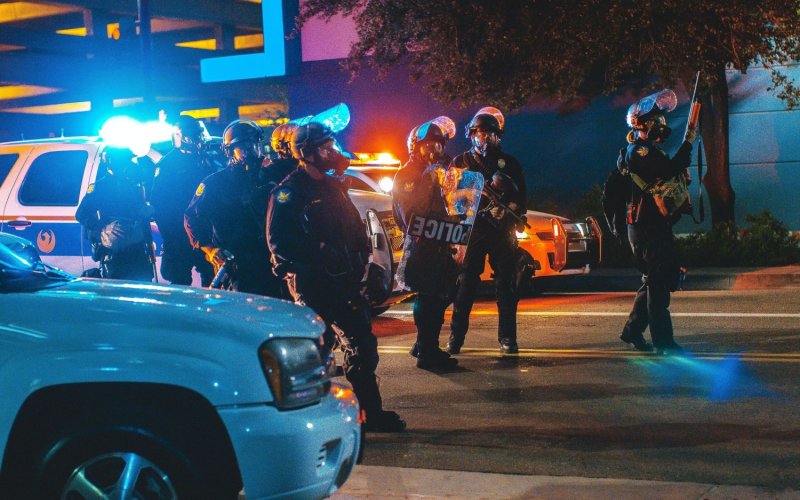Public’s Response to Police Presence Heavily Tied to Race, Studies Show

ALBANY, N.Y. (March 3, 2022) — How people respond to police presence is heavily tied to race and racially charged events, according to two recent studies by Associate Professor Justin Pickett of the School of Criminal Justice.

One study, published in January in the journal Criminology, shows that while most white Americans don’t fear police officers, most African Americans are afraid of police killing them and hurting their family members. The study, “The American racial divide in fear of the police,” found fear of police was ubiquitous among Black Americans but ubiquitously absent among white Americans. In fact, about half of Black respondents said they would rather be robbed or burglarized than stopped unprovoked by a police officer.
“The racial divide in fear was mediated by past experiences with police mistreatment,” according to the study, co-written by Amanda Graham of Georgia Southern University and Francis T. Cullen of the University of Cincinnati. “The deep American racial divide in police-related fear represents a racially disparate health crisis and a primary obstacle to law enforcement's capacity to serve all communities equitably.”
The second study, written with Christi Medcalfe of the University of South Carolina and published earlier this year in Criminology, examined public attitudes toward police handling of protests during the wave of protests over “racialized issues” such as Confederate monuments and the Black Lives Matters movement after the killing of George Floyd in 2020.
“Public fear of protesters and support for protest policing” found that the while the public generally supports police supervision of protests with little intervention, respondents who harbor racial animus are more likely to support repressive police tactics — dispersal and arrest of protesters — when the demonstrations have a racial element such as advocating for minority populations. Pickett noted that violence, the presence of weapons and disruptive behavior such as blocking traffic during protests also caused people to prefer more intervention by police.
"Taken together, the two studies indicate that Black and white Americans live in different emotional worlds when it comes to the police, one of fear and one of felt safety, and that the strongest predictor of support for aggressive policing is racial prejudice," Pickett said.




